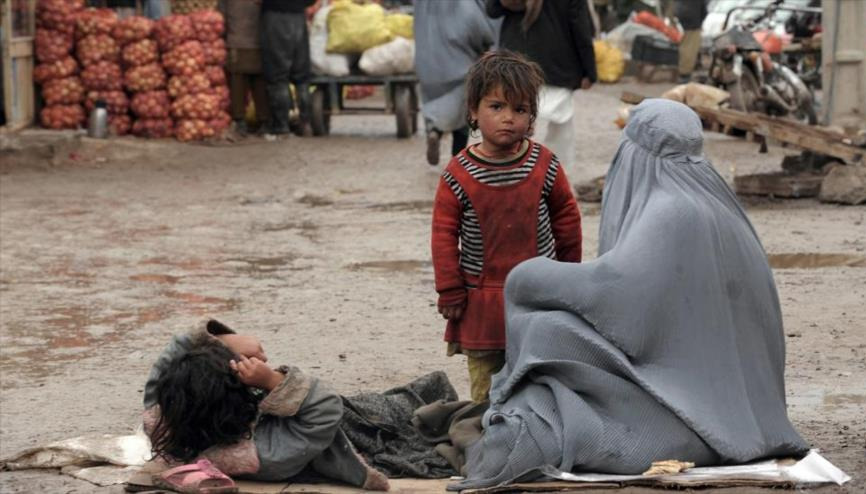
Poverty in Afghanistan could reach catastrophic proportions next year. (Photo:tramas.com)
By Guillermo Alvarado
No war comes or goes by itself. Each conflict is usually accompanied by a series of plagues whose effects take time to control, as is happening in Afghanistan where poverty could reach catastrophic proportions next year.
This was the warning of the director for the Asia Pacific region of the United Nations Development Program (UNDP), Kanni Wignaraja, when analyzing the complex situation of the Central Asian country after the withdrawal of foreign troops following two decades of military occupation.
Such a prolonged period of war caused serious damage to the infrastructure, affected the economy and production systems, forced more than three million people to leave their place of origin, which meant losing their means of subsistence, their homes and their scarce resources.
Added to this were the effects of the covid 19 pandemic, which, although relatively low compared to other parts of the world, were nonetheless felt, especially due to the lack of medical and hospital resources.
Since the beginning of the health crisis, 154,000 positive cases and 7,151 deaths have been recorded, but the vaccination campaign is moving very slowly and at the end of August, 2 percent of the population had at least one dose and only 1.1 out of every 100 had completed the cycle.
The collapse of the U.S.-trained government and military in the face of the rapidly advancing Taliban has created an additional, somewhat unexpected problem in this bleak picture.
It turns out that following the seizure of power by this extremist group, the Western powers, led by the United States, as well as the multilateral lending institutions, namely the International Monetary Fund (IMF) and the World Bank, decided to freeze Afghanistan's assets abroad.
An IMF communiqué stated that in view of the lack of clarity among the international community regarding the recognition of the Taliban government, it was agreed to suspend access to Special Drawing Rights and other types of resources to that country.
Washington, the loser in the war, retaliated by preventing the new Afghan authorities from using the country's international reserves, which are deposited in the northern power.
Everything points, then, to an economic debacle that will result in 97 percent of Afghanistan's population living in poverty by 2022, which will lead to a humanitarian crisis, unless something is done to avoid it, if there is the political will to do so.

